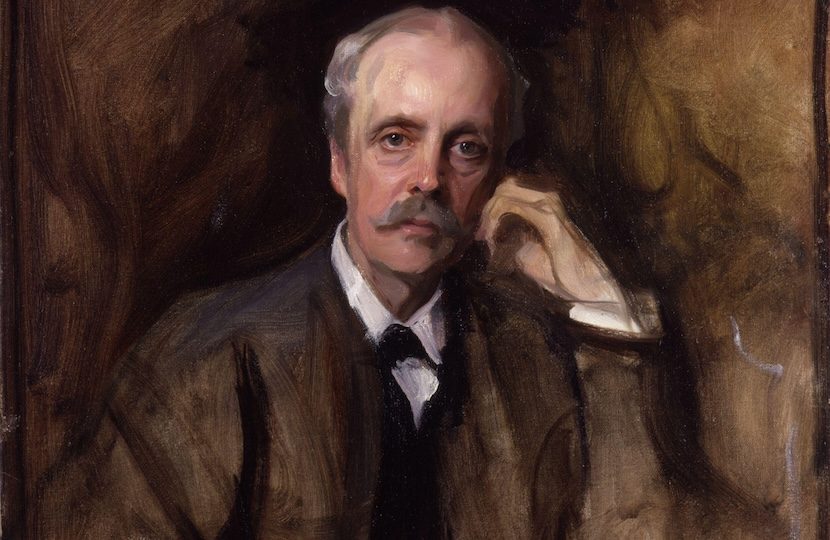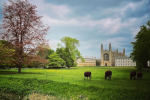
In March, a superb portrait of Arthur Balfour by the famous portrait painter, Philip de Laszlo, in Trinity College, Cambridge was seriously damaged by vandals claiming to be supporters of the Palestinian cause.
Alistair Lexden wrote to The Times about this appalling incident, and, by means of a Wriiten Question in the Lords, asked the Government about “the protection of historic portraits of past statesmen.”
In his reply on 5 April, the DCMS Minister in the Lords, Lord Parkinson of Whitley Bay, said that the vandalism “is rightly being investigated as a criminal act by Cambridgeshire Police” who are studying relevant CCTV footage and seeking witnesses.
He added that it was hoped that “this magnificent portrait can be swiftly repaired and shared with students and visitors to the college for many years to come.”
The answer also revealed that anti-Jewish prejudice, which Balfour always denounced, had played a part in the internment of de Laszlo during the First World War. He was arrested on suspicion of treason, based on letters to his family in Austria. De Laszlo’s Jewish parentage counted against him. Special Branch dwelt on it. MI5 saw significance in the fact that he was the “son of a Jewish tailor.”
De Laszlo’s case was raised in the House of Lords in May 1919. The following month he was completely exonerated.
Lord Parkinson noted: “It is thanks to portraits like this that such fascinating insights into our past can be gleaned.”

